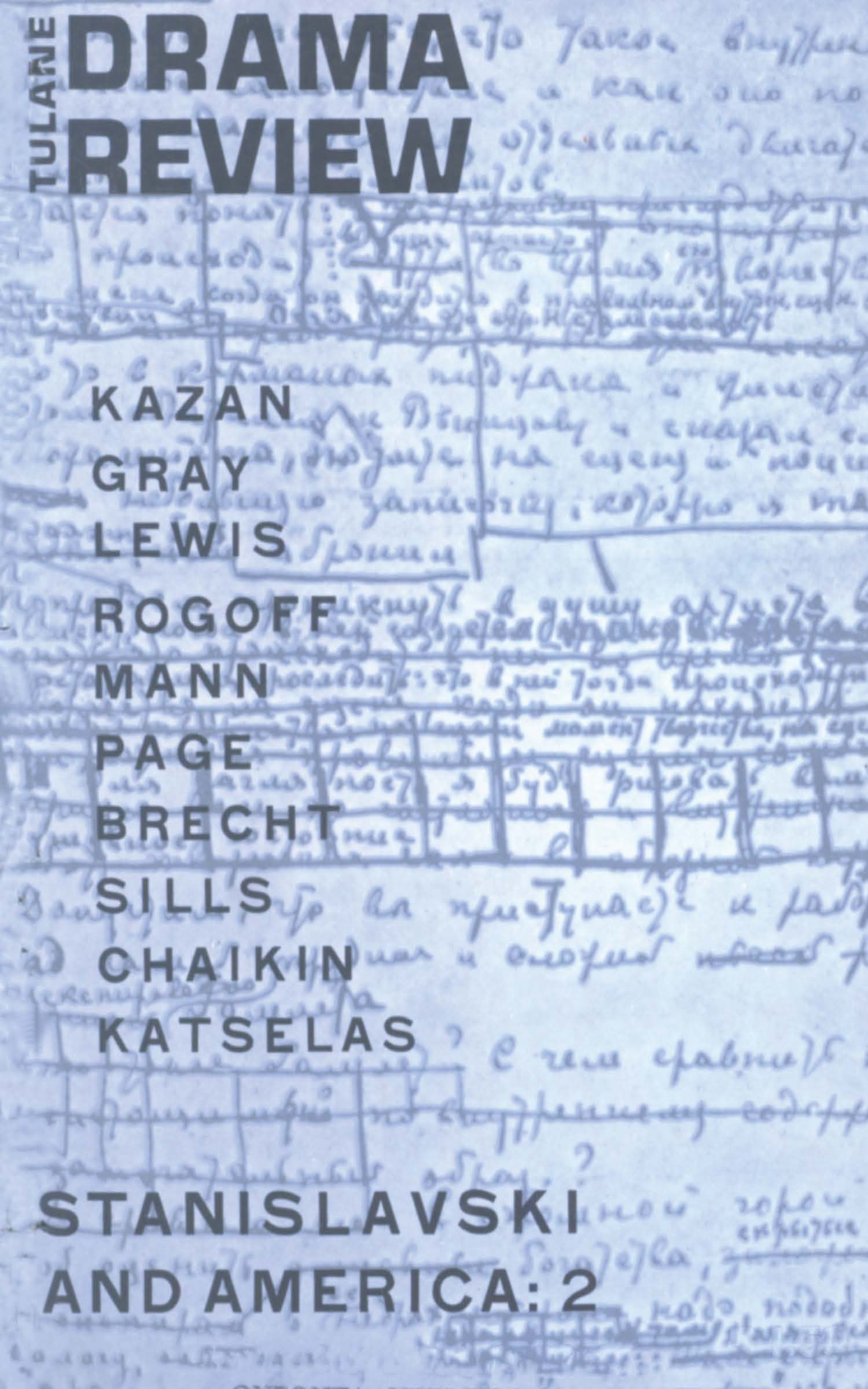Article contents
Albert Camus as Dramatist: The Sources of His Failure
Published online by Cambridge University Press: 23 November 2021
Extract
Nowhere but in France, it seems, do men of letters whose greatest talent clearly lies in other genres devote so much of their creative energy to the theatre. The Golden Age of Corneille and Racine, kept alive by an ever-growing number of French repertory companies, stands constantly before the writer, challenging him to try to rival its inaccessible perfection. An amazing number, from Balzac and Stendhal to Mauriac and Gide, have taken up the challenge. Even such transients in Paris as Turgenev and Henry James were affected by France's worship of the theatre as the supreme art and tried vainly to convince the public, and posterity, that they had mastered the dramatic form. Albert Camus’ passion for the theatre was lifelong, from his participation in the Algerian Workers’ Theatre in 1936 to his tragically short reign as director of a government sponsored avant-garde company in 1959.
- Type
- Research Article
- Information
- Copyright
- Copyright © The Tulane Drama Review 1961
- 3
- Cited by




